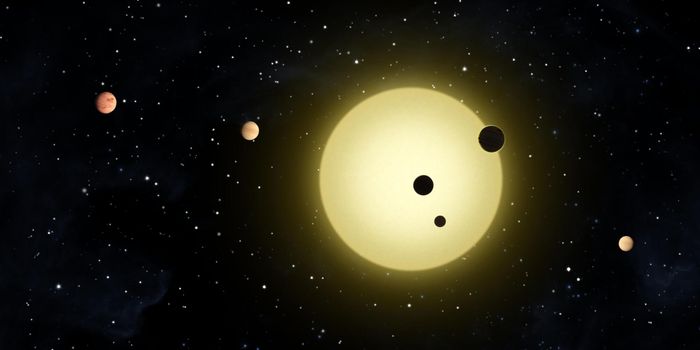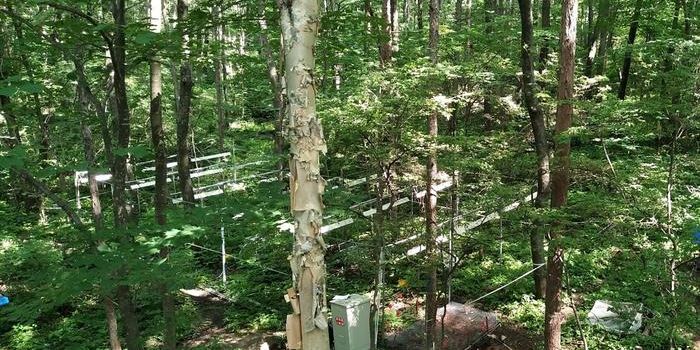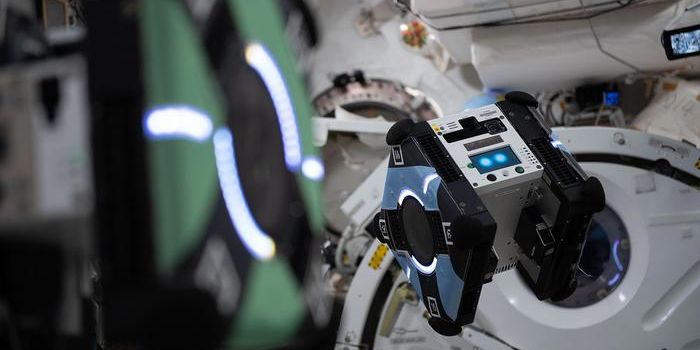
Our planet's population is growing rapidly, perhaps too rapidly for our natural resources. Experts estimate that by the year 2050, the number of people living on earth will reach nine billion. More food has to be grown on increasingly smaller amounts of land, but care must be taken not to do any further damage to natural habitats that are already endangered.
A team of researchers from the University of Copenhagen thinks they might have a solution, but it's not without its limits. Michael G. Palmgren and his colleagues from the University of Copenhagen suggest that since crops have mutated over time, some of the original genetic material has been lost. The most efficient way to regain those lost properties is by reinserting good genes back into our crops after isolating them from related plants or by using precision methods to repair faulty genes. Over thousands of years, most plants have mutated in various ways through human intervention. The traditional practice of cross breeding different crops has resulted in some of the plants "wild" genes to go dormant.
Before crop breeding, plants would naturally develop the ability to better use their environment. In their original state many crops possessed genetic material that could fight off diseases, endure bad weather and thrive with very little intervention from humans. Once plants became dependent on farms that provided water and food, some of their original genes, genes that gave them a better survival mechanism and disease fighting properties, were unintentionally bred out of them.
"Once the genes that have been mutated unintentionally have been identified, the next step would be to reestablish wild-type properties. Rewilding would allow crop plants not only to better utilize available resources in the environment and have higher nutritional value, but also to better resist diseases, pests, and weeds," says Palmgren.
Dubbed "Back to nature" breeding, the process of genetically rolling back current crops closer to their original state could have significant ramifications for feeding the population and increasing sustainability. There is concern however. Crops restored to their natural state through this process would have to be classified as genetically modified organisms (GMOs), under current definitions. GMO has become somewhat of a dirty word in marketing circles and many consumers hesitate to purchase foods that have been genetically modified. Palmgren states, "Studies tell us that many consumers look with some reservation upon GMO-based products, in part because they are considered alien. Rewilded crops represent a different path, yet if branded as GM these products may likely face considerable challenges for market penetration."
Palmgren and his colleagues published a feature review on the possibilities of isolating the better genes of some crops and repairing faulty genetics in others on December 16th in the Cell Press journal Trends in Plant Science. "It may be useful to distinguish between the product (the plant) and the process (the breeding technology)," said Palmgren. "If a crop regains beneficial properties of a wild relative, such as disease resistance, it makes little sense to consider one plant as natural and the other as alien purely based on the method used to reach the same end result."
For Palmgren, the main point is clear. The crops that are present today are not the same as their healthier and more beneficial ancestors. If science can return crops to their original state, thereby improving their yield and benefits, it makes little sense to consider one plant as natural and the other as alien based on the how the same result was reached.
"Reintroduction of some of the lost properties does not make our crops alien," he says.
 Our planet's population is growing rapidly, perhaps too rapidly for our natural resources. Experts estimate that by the year 2050, the number of people living on earth will reach nine billion. More food has to be grown on increasingly smaller amounts of land, but care must be taken not to do any further damage to natural habitats that are already endangered.
Our planet's population is growing rapidly, perhaps too rapidly for our natural resources. Experts estimate that by the year 2050, the number of people living on earth will reach nine billion. More food has to be grown on increasingly smaller amounts of land, but care must be taken not to do any further damage to natural habitats that are already endangered. 







